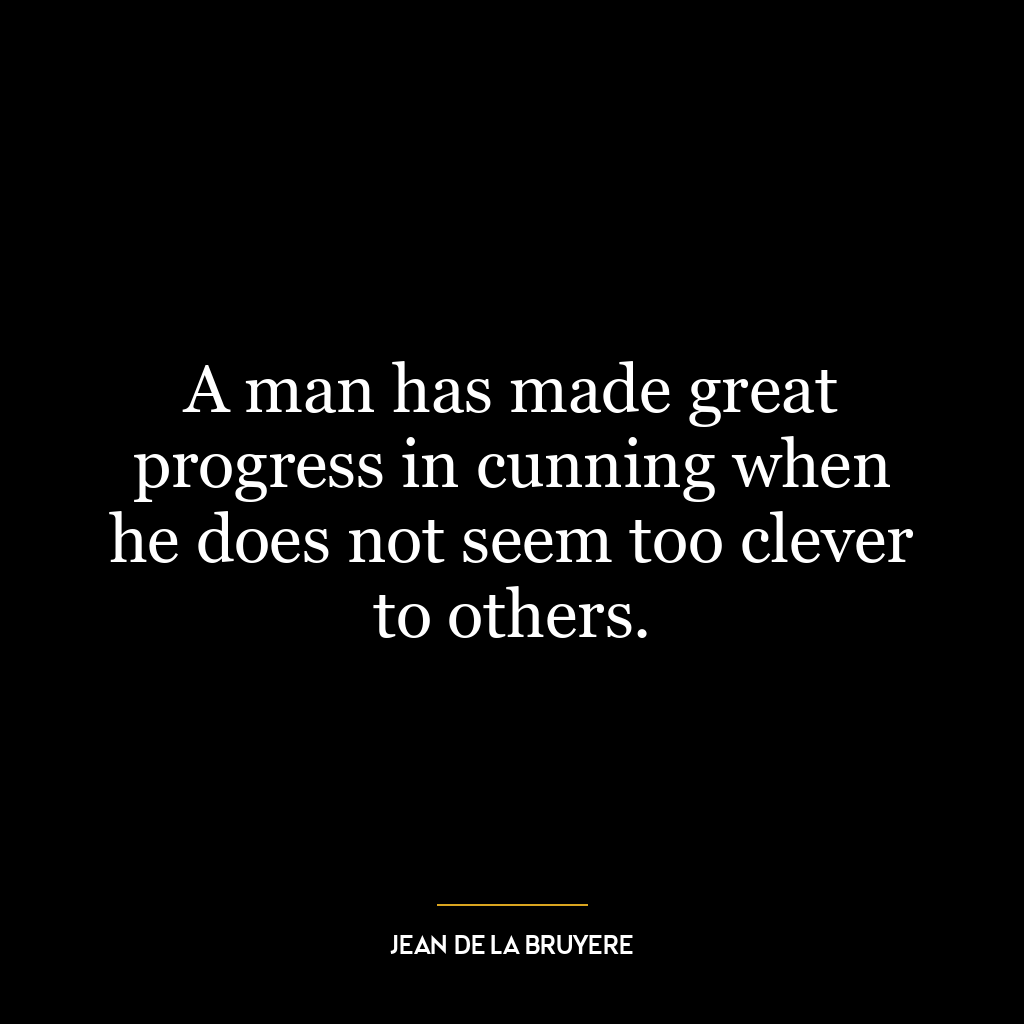This quote is a profound statement that challenges a common belief often attributed to religious or spiritual contexts – “God helps those who help themselves.” Instead, it proposes the idea that divine assistance comes to those who are unable to help themselves.
At its core, this quote emphasizes the concept of grace and mercy. It suggests that divine intervention is not predicated on one’s ability to solve their problems or make strides independently. Rather, it comes when individuals are at their weakest points, unable to bring about change through their own efforts.
The phrase “those who can’t help themselves” could refer to people in dire situations where they have exhausted all humanly possible solutions and need a higher power’s intervention. It could also refer to situations where an individual lacks the capacity—whether physically, mentally, emotionally or financially—to effect change in their lives.
Applying this concept in today’s world or personal development might mean acknowledging our limitations and understanding that we can’t resolve every issue on our own. In such moments of vulnerability and surrendering control lies an opportunity for external assistance—be it divine intervention for believers—or support from others around us.
In terms of personal development, this message encourages humility and acceptance of our weaknesses as humans. It prompts us not only strive for self-improvement but also recognize when we need aid from external sources—be it from other people or higher powers according to one’s beliefs.
Moreover, this quote might inspire compassion towards those less fortunate by reminding us that some people genuinely cannot help themselves due circumstances beyond their control like poverty, severe illness etc., thus warranting empathy rather than judgement based on misconceptions about self-help.















